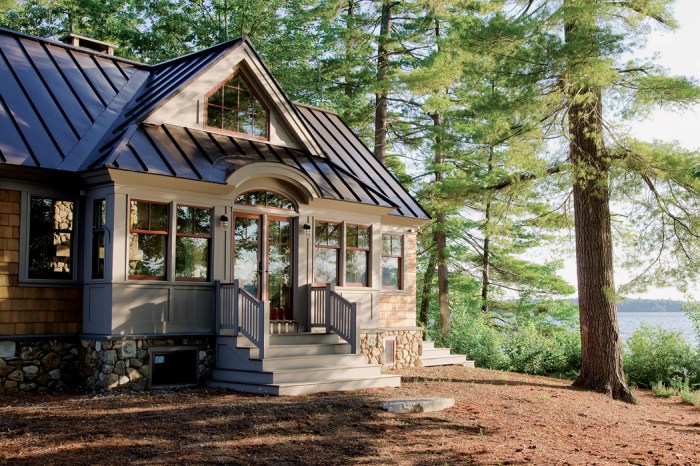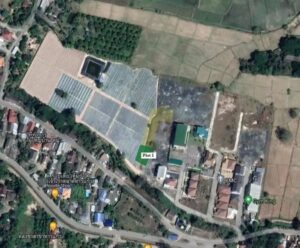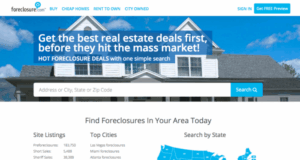Affordable real estate listings are a beacon of hope for many aspiring homeowners, especially in a world where the housing market can feel more like a game of Monopoly than a pathway to your dream home. But what exactly does "affordable" mean? It varies by region, income, and sometimes even the whims of the local economy. Understanding these listings is the first step toward scoring a property that won't leave you financially strapped.
To define what constitutes affordable real estate, one often refers to the widely accepted standard that housing costs should not exceed 30% of a household's income. According to recent data, median home prices in various regions fluctuate dramatically—ranging from a modest $150,000 in some small towns to a staggering $1 million in metropolitan hubs. These price tags are influenced by factors such as local demand, income levels, and the availability of land.
Benefits of Affordable Real Estate
Investing in affordable real estate is like finding a diamond in a haystack—rare, but when you do, the benefits can be worth their weight in gold. One of the most significant advantages of purchasing affordable real estate is the potential for equity growth over time. As property values rise, homeowners can sell at a profit, reinvesting in their future or simply enjoying their newfound wealth.
Moreover, affordable listings can lead to lucrative investment opportunities. For instance, properties in up-and-coming neighborhoods often appreciate at a faster rate as the area develops. But it's not just about financial gain. Increasing the availability of affordable housing can uplift entire communities, providing stability and fostering growth. Happy neighbors make for a happy neighborhood, after all.
How to Find Affordable Real Estate Listings Near You, AFFORDABLE REAL ESTATE LISTINGS NEAR ME
Searching for affordable properties can feel like hunting for treasure—exciting, but sometimes overwhelming. To streamline your search, consider these steps:
- Research local housing markets to understand where affordable options are available.
- Use online platforms such as Zillow, Realtor.com, or local listings to filter your searches based on price, location, and type of property.
- Connect with local real estate agents who specialize in affordable listings; they often have insider knowledge that online platforms lack.
- Attend open houses to get a feel for what’s on the market and network with other potential buyers and real estate professionals.
Utilizing online tools can also enhance your search. Websites that aggregate listings, mobile apps that send alerts for new properties, and social media groups dedicated to real estate can all be invaluable resources.
Analyzing the Market for Affordable Real Estate
The affordable housing market is like a rollercoaster ride—it has its ups and downs, and sometimes it’s hard to keep your lunch down. Currently, trends show a growing demand for affordable housing, especially among millennials and first-time buyers. As urban centers become increasingly crowded, many are looking towards suburban areas for more affordable options.
When analyzing the market, potential buyers should focus on:
- Location trends, such as areas experiencing revitalization.
- Local school district ratings, which often influence property values.
- Future development plans that could affect the neighborhood.
Understanding local market dynamics can empower buyers to make educated decisions, ensuring they don’t buy a property in a neighborhood that’s about to become the next ghost town.
Financing Options for Affordable Real Estate
Financing your dream home doesn’t have to feel like climbing Mount Everest—though it might take a bit of legwork. Several financing solutions are available specifically for purchasing affordable properties. Programs offering lower interest rates, down payment assistance, and grants for first-time buyers can ease the financial burden significantly.
Credit scores play a crucial role in securing financing. A higher score can unlock better mortgage rates, making your monthly payments significantly lighter. Many lenders offer special programs designed to assist buyers with less-than-perfect credit ratings, ensuring that everyone has a shot at homeownership.
Legal Considerations in Affordable Real Estate Transactions
Navigating the legal landscape of affordable real estate can be as tricky as walking a tightrope. Understanding the legal aspects of buying a property is essential to avoid potential pitfalls. Buyers should be aware of zoning laws, property taxes, and any restrictions that may be attached to affordable listings.
Documentation is critical. Essential documents typically include:
- Purchase agreements
- Property disclosures
- Financing agreements
Being thorough in your legal preparations can save you from headaches down the road.
Success Stories in Affordable Real Estate
There are heartwarming success stories of individuals and families who found their slice of affordable paradise. Take, for example, the Johnsons, who purchased a quaint cottage in a neighborhood on the verge of revitalization. With a little bit of love and elbow grease, they transformed their humble abode into a thriving home, all while their property value skyrocketed.
Such stories illustrate that affordable housing can lead to not just individual success, but community improvement as well. Neighborhoods that embrace affordable listings often experience a revitalization that fosters community spirit and economic growth.
Future of Affordable Real Estate Listings
The future of affordable real estate listings looks promising, albeit with some bumps along the way. Experts predict that as urban areas continue to expand, more developers will focus on building affordable housing units to meet the growing demand. However, challenges such as land availability and regulatory hurdles remain.
Opportunities in the affordable housing market may also arise through innovative construction methods and community-driven development projects. Envision a future where technology and sustainability transform affordable housing into desirable living spaces, making homeownership a reality for many.




